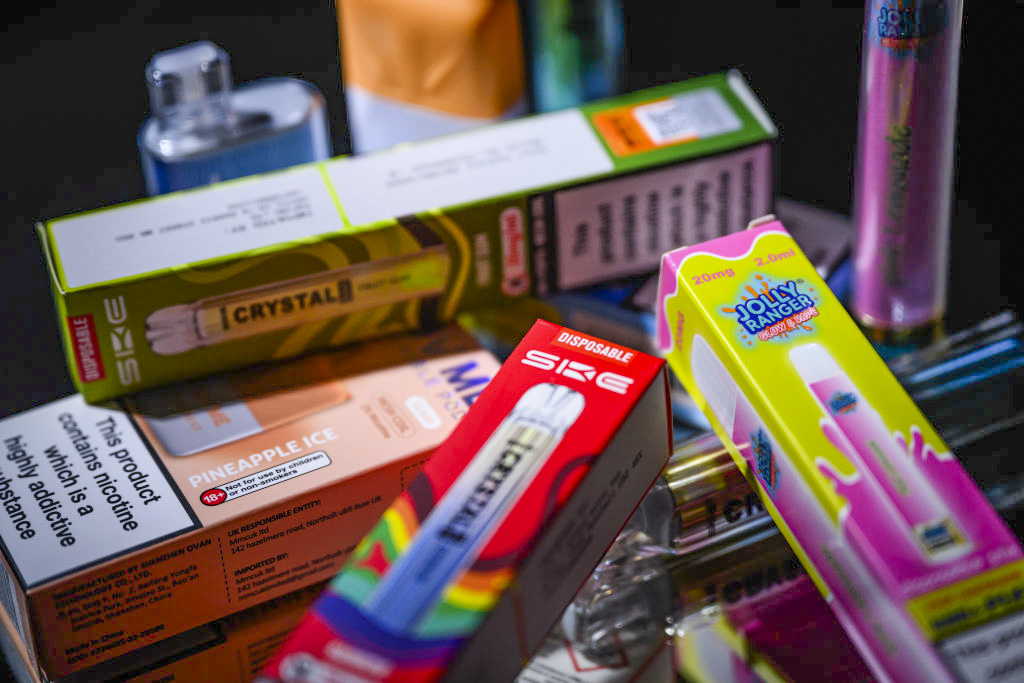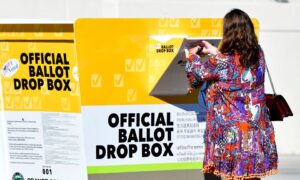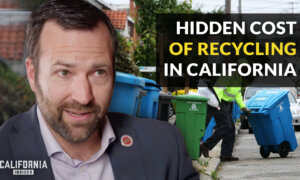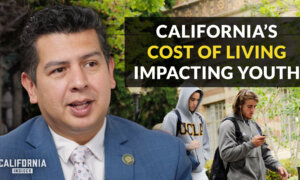Minors in California can get vape products online and have them delivered to their homes, according to a new study published Nov. 11 by researchers at the University of California–San Diego.
Researchers found a majority of online retailers were not following rules that prohibit the sale of vaping products to minors, according to the study published in the Journal of American Medical Association (JAMA).
University of California–San Diego (UCSD), researchers found most vape products ordered by San Diego residents during the study were delivered without age verification and other requirements.
In California, it is illegal to sell tobacco products or paraphernalia, including electronic smoking devices, atomizers, vaping tanks or battery packs, and e-liquids, to anyone under 21. Federal law also prohibits tobacco sales to those under 21.
In the study, UCSD researchers asked 16 people living in San Diego County to buy flavored vape products online and have them delivered to their homes.
Of the 156 online purchases made by the participants, 73 percent were processed and 67 percent were delivered, according to the university.
One of the study’s authors, Eric Leas, an assistant professor at the Herbert Wertheim School of Public Health and Human Longevity Science, said the study results highlight the need for greater oversight and enforcement of online tobacco retailers.
“There are longstanding surveillance systems in place that help implement laws at brick-and-mortar stores, but we do not have a system in place for online retailers,” said Leas.
Only 1 percent of the study’s buyers had their identifications scanned, while 6 percent had their ID checked but not scanned. Both age verification and ID scanning is required by the federal Preventing Online Sales of E-Cigarettes to Children Act.
Of the purchases that were delivered, 81 percent were delivered by the U.S. Postal Service, which is prohibited by the same federal law.
Nine percent of the orders were delivered by couriers that have policies restricting shipping tobacco, including 4 percent by UPS, 3 percent by FedEx, and 1.8 percent delivered by DHL.
According to the study, 78 percent of buyers reported no interaction with delivery personnel, while 15 percent of buyers spoke with delivery people but did not have their ID checked.
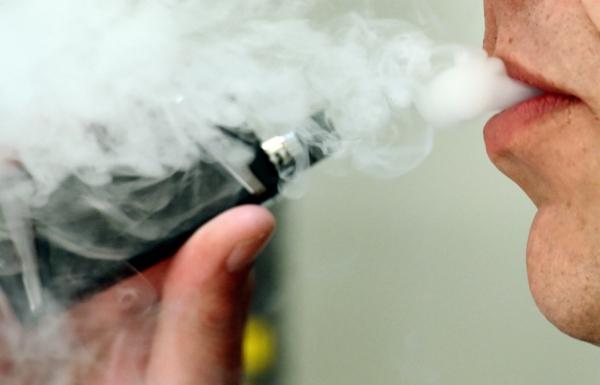
A man exhaling whilst using a vaping product on Feb. 21, 2020. California law prohibits the sale of e-cigarettes and vape products to anyone under 21. (PA Media)
“Online sales of e-cigarettes are the largest and fastest growing sector of the tobacco [industry],” Leas said. “We need to evaluate tobacco retail policies and ensure they cover e-commerce and monitor the market to improve implementation.”
In the study, eight buyers lived in the city of San Diego, where a local ordinance restricts the sale of flavored tobacco products, including online.
The other eight lived in other parts of San Diego County, which don’t have the same restrictions.
Delivery of the flavored products was similar between these two groups of buyers, according to UCSD.
In 2019, Gov. Gavin Newsom signed Senate Bill 39 to reduce illegal online sales of tobacco products to minors. The bill strengthened requirements for age verification and delivery of tobacco products.
The law mandates tobacco products be delivered in a container that is clearly labeled saying the box contains tobacco products. A signature of someone over 21 is also required for delivery.
At least 34 states have implemented laws regulating e-cigarette delivery to prevent sales to minors. In 27 states, at least one form of identification is required for delivery, according to the American Journal of Public Health.
